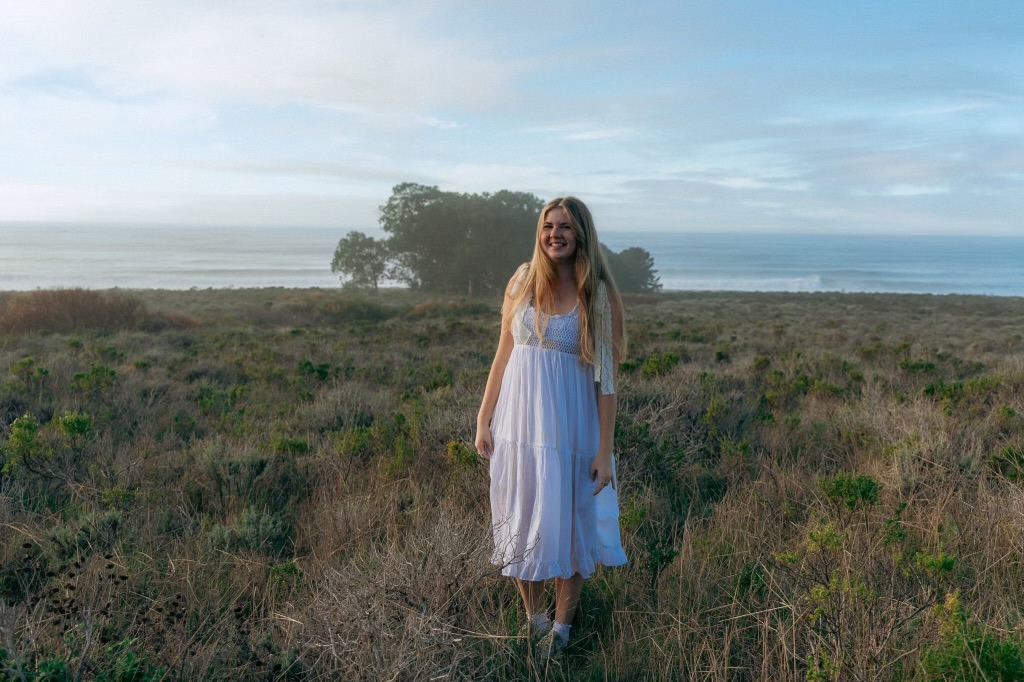Teens seek news engagement through internet, social media resources
According to Common Sense Media, 78 percent of teens aged 13-17 believe it is important to keep up with the news. While this percentage reflects teenage awareness on national and global levels, where they acquire this information is often as just as important as consuming it. Whether through social media, local newspaper reports or television, teens often misidentify fake information and are pressed to determine fake news from the factual.

With the expansion of modern day technology, many have the capability to access news with the press of a button. The ideas of influencers and celebrities on social media have impacted the way that young people conceptualize current issues.
While many influencers seek to use their platform to promote positive ideals, viewers must also take into consideration the reliability of these personalities.
Associate Producer of NowThisNews, Jackie Padilla recognizes the importance of backing up media coverage. Padilla shares her thoughts on teen news engagement regarding media celebrities and influencers.
“Social media has given everyone an equal opportunity to build massive audiences,” Padilla said, “but it is important that we ensure public figures of any capacity are using their roles responsibly. Check multiple outlets for corroboration and develop an understanding of the people influencing the content.”
According to Padilla and their website, NowThisNews is a progressive news organization that appeals mostly to a younger audience, striving to share timely and factual reporting while also creating easily digestible news pieces. Their main goal is to make news engaging and relevant for young adults by humanizing a complicated world.
“NowThis values editorial responsibility and every day we are focused on highlighting stories that we know our audience cares about,” Padilla said. “We are committed to interviewing experts, supporting our stories with the people most impacted by the issues we are covering-humanizing our stories so that audiences understand why they matter.”
As studies have shown, over 50 percent of teenagers receive news via social media. This gives outlets like Instagram and Twitter high consumer rates. While social networking provides many positive aspects, using it as a primary source of information may ultimately mislead its viewers.
Teens need to understand that a person’s influence or popularity in media doesn’t necessarily lend credibility to the topic addressed. I remember how intimidating some publications were when I was a teenager. My advice is to look for their content on Snapchat or other social media. — Kate Bieri, New Mexico reporter, anchor and producer for ABC7 Breaking
Editor-in-chief of The Feather Vijay Stephen, ’21, shares the importance of teen involvement in news. Stephen tries to remain unbiased and report outside of his own views or opinions while reporting.
“I find it important for students to keep up with current events,” Stephen said. “I think it’s important to know what’s going on around us and understand the systems and governments in place, but not necessarily every detail of ongoing events, as that can cause unnecessary stress.”
Stephen along with three other students took action his freshman year, walking out of class to advocate for gun control. He believes teens should be willing to stand up for their opinions and stay educated in the topics important to them.
“Social media can be a good way to bring awareness to issues,” Stephen said, “prompting others to do further research but you shouldn’t use it as a news source. I usually get my news from various sources like The New York Times. I try to avoid more pop culture/celebrity-based sources for what I consider real news.”

As various online news sources have multiplied over the years, many provide a non-factual or biased point of view which readers may not know about or understand.
New Mexico reporter, anchor and producer for ABC7 Breaking, Kate Bieri advises students looking for credibility to check their sources. Bieri explains how and why to look for balance in articles and cite credible sources.
“In journalism school,” Bieri said, “we learn that information is only as reliable as where the source originated. I think many social media apps like Twitter and Snapchat are working to improve how they filter out reliable news from false information.”
Graduate of The Walter Cronkite School of Journalism and Mass Communication at Arizona State university, Bieri shares tactics for young people falling victim to fake or bias news. She suggests visiting sites that rate the slant or accuracy of a news organization needing to be checked.
“Teens need to understand that a person’s influence or popularity in media doesn’t necessarily lend credibility to the topic addressed,” Bieri said. “I remember how intimidating some publications were when I was a teenager. My advice is to look for their content on Snapchat or other social media.”
Bieri suggests Poynter.org as a reporting tool to understand fact from fiction. She also advises teenagers to check out “Stay Tuned” on Snapchat by NBC, BuzzFeedNews and HuffPost for teens, as many major news organizations have teen-driven content or word their articles in an easier, more conversational way.
“Being a pretty small local station,” Bieri said, “we aim to deliver informative news that is relevant to our region. We also want to make our content easy to understand for everybody. Our goal is to write content that anybody can understand, whether they’re 16 or 60. Our viewers tend to be older, so not every teenager is interested in the content of our newscasts, but at the very least, we try to use simple language that anybody can understand!”
Though social media is a component for teen news consumption, high schoolers also voice that they feel more secure when retaining news from what they feel are more credible news outlets. These include sources like the Washington Post , The New York Times, the Chicago Tribune or The Atlantic.
The following tweet by NowThisNews uses information from Czech Republic about the Coronavirus pandemic, April 20.
‘Everyone who has to leave their house has to wear a face mask’ — Do face masks work? This Czech PSA says yes pic.twitter.com/UXw6yotqJw
— NowThis (@nowthisnews) April 3, 2020
Sophomore Madi Bryant uses ABC News to understand current national and global issues. Bryant believes that keeping in step with current events is beneficial for future decision making processes.
“It’s important for high schoolers to stay up to date with current events because what happens now, impacts the future – our future,” Bryant said. “In order for us to make decisions for our country or even just within our community, we need to know what is happening and what has happened.”
Recently teenagers have reached out on social media to express beliefs and speak out on important issues. Being educated in the news often opens these teens up to topics such as politics, climate change, beauty standards and more. Through the internet, teens may be more able to speak on social issues when receiving the same information as adults.
Many parents may be cautious when allowing their children to access the internet, but, as Bieri and Padilla said, it is important for teens to consume news and establish opinions on how news is affecting their lives.
The Feather is interested in how its readership or where does its readership get its news. Please share your views with the editors and staff in the comment section below.
For more articles, check out Media literacy develops critical thinking, writing skills, Media literacy aids students in analyzing news, social media or COLUMN: Student Body President encourages community to find joy, preserve.


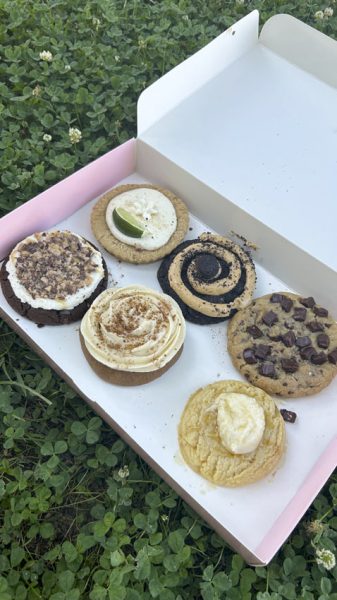




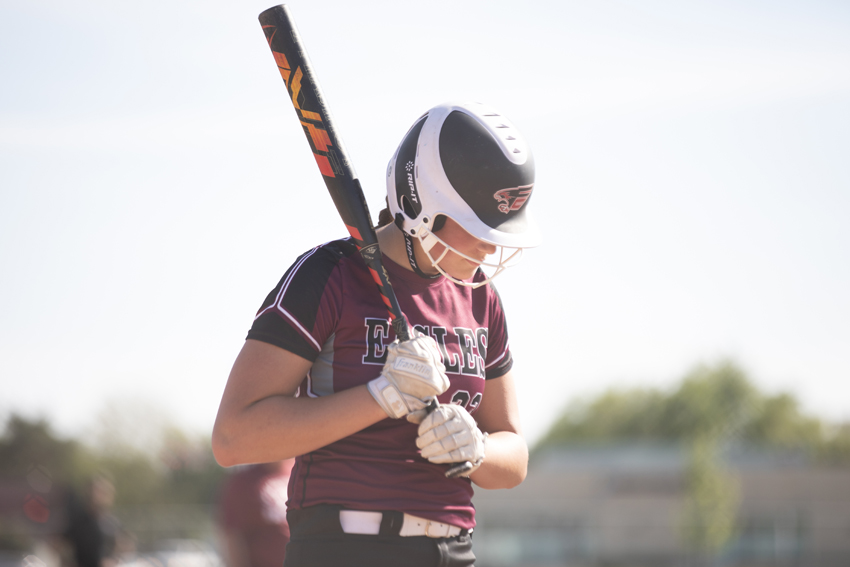
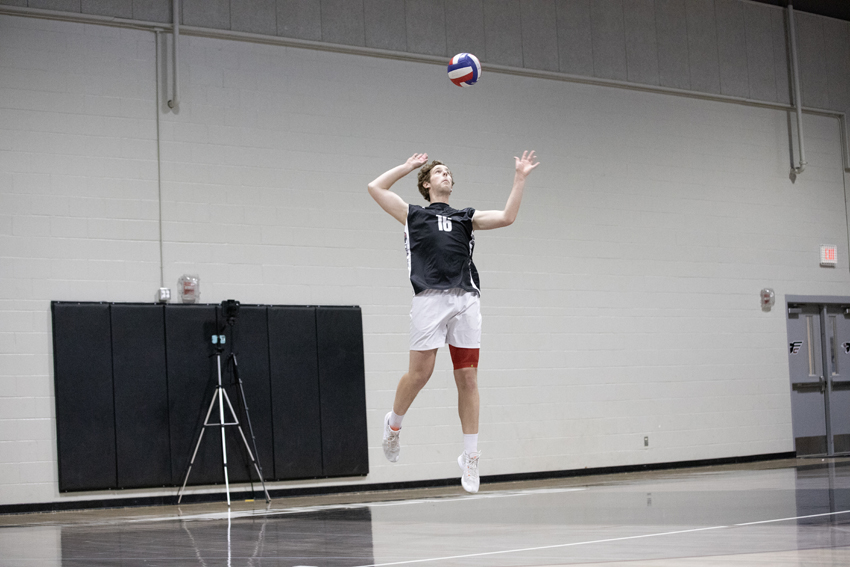
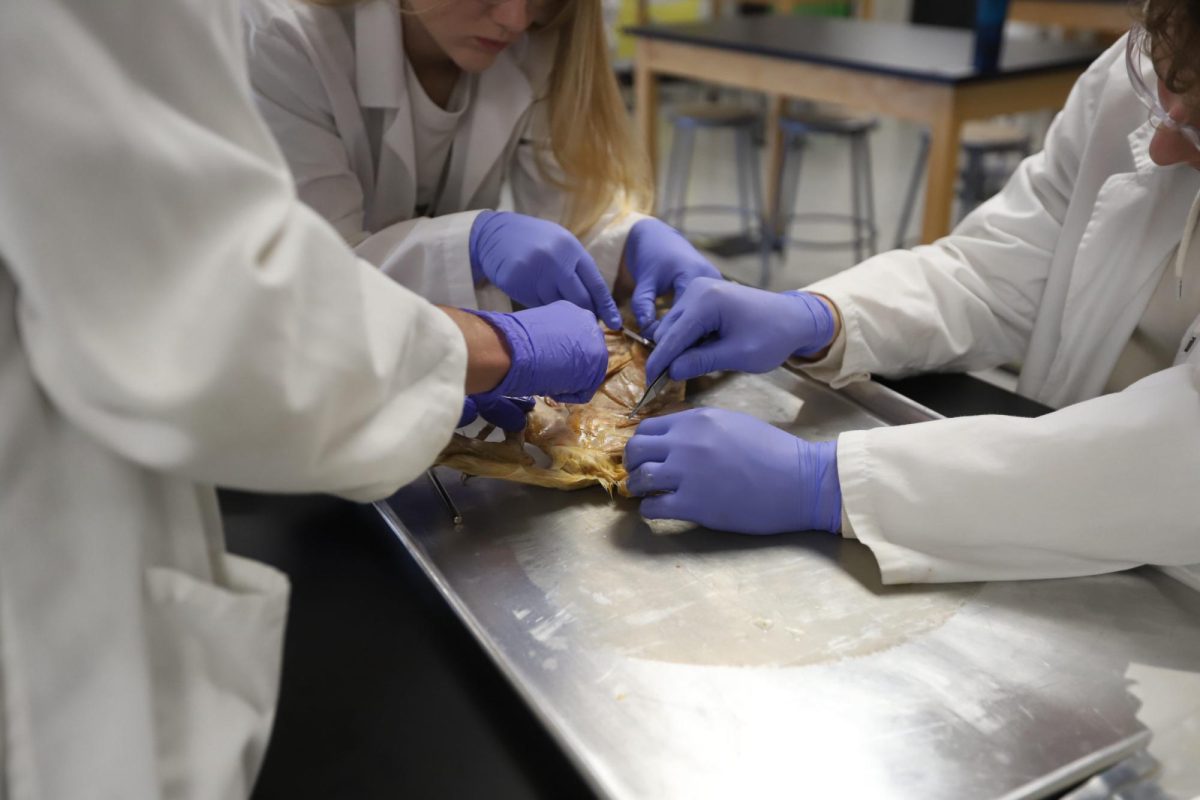
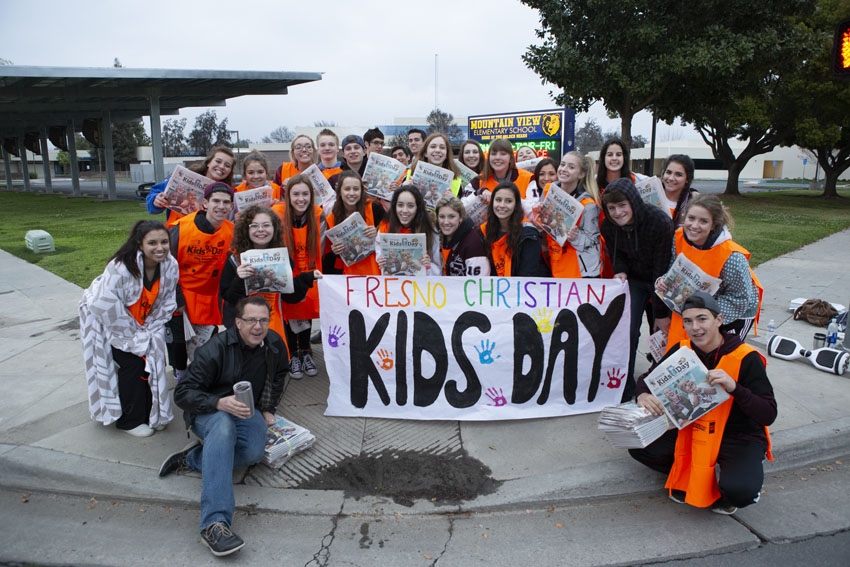
![[Video] 100th CSPA Spring Journalism Conference](https://thefeather.com/wp-content/uploads/2024/04/20240308-cspa-crown-002.jpg)


